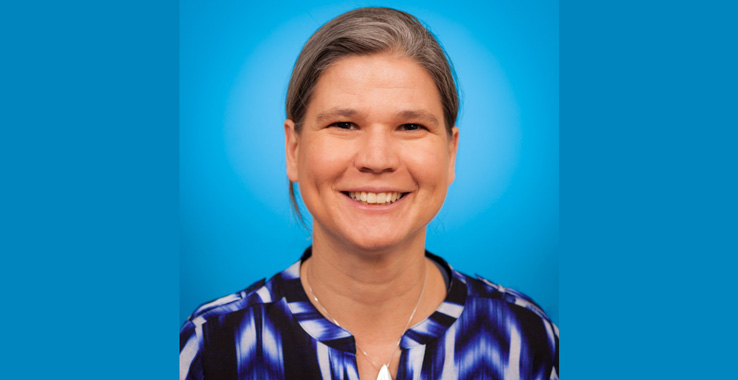It’s true that COVID-19 doesn’t discriminate: anyone can get sick and potentially die from it. But the social systems that Canada has created often can discriminate. Health treatment and the outcomes aren’t always equal across all communities. Many Indigenous communities face big challenges: fewer doctors, inadequate housing and water that isn’t safe to drink. All of those issues, alongside systemic racism, can lead to especially bad health outcomes during a pandemic, Public health experts, like Canada’s Chief Public Health Officer Dr. Theresa Tam, say the health outcomes of COVID-19 could hit Indigenous communities especially hard.
Canada’s Indigenous populations have a lower life expectancy and higher rate of chronic illnesses compared to national averages. They’re also six times more likely to contract tuberculosis. The historical effects of the residential school system and discriminatory practices stemming from the Indian Act play a big role in the quality of healthcare. But there are big challenges that face these communities in the present day too.
In this 20-minute podcast, Adrian Cheung talks to Dr. Janet Smylie, one of Canada’s first Métis doctors and a lead researcher on the inequities of health care for Indigenous people in the era of COVID-19. She explains why First Nations, Inuit and Métis people are at a disproportionate risk and what must be done to fix the problem now.

